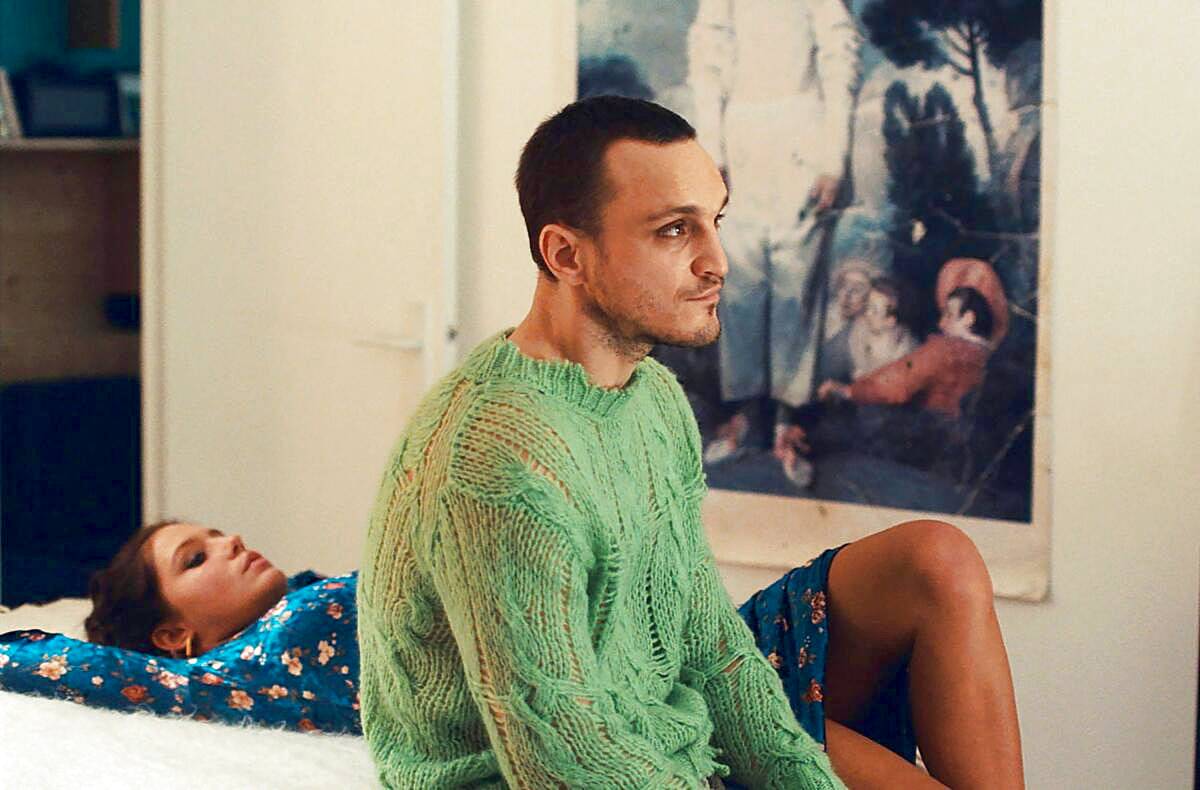Romantic films you probably haven’t seen that will leave a lasting impression
by Tena Razumović ŽmaraJune 8, 2025
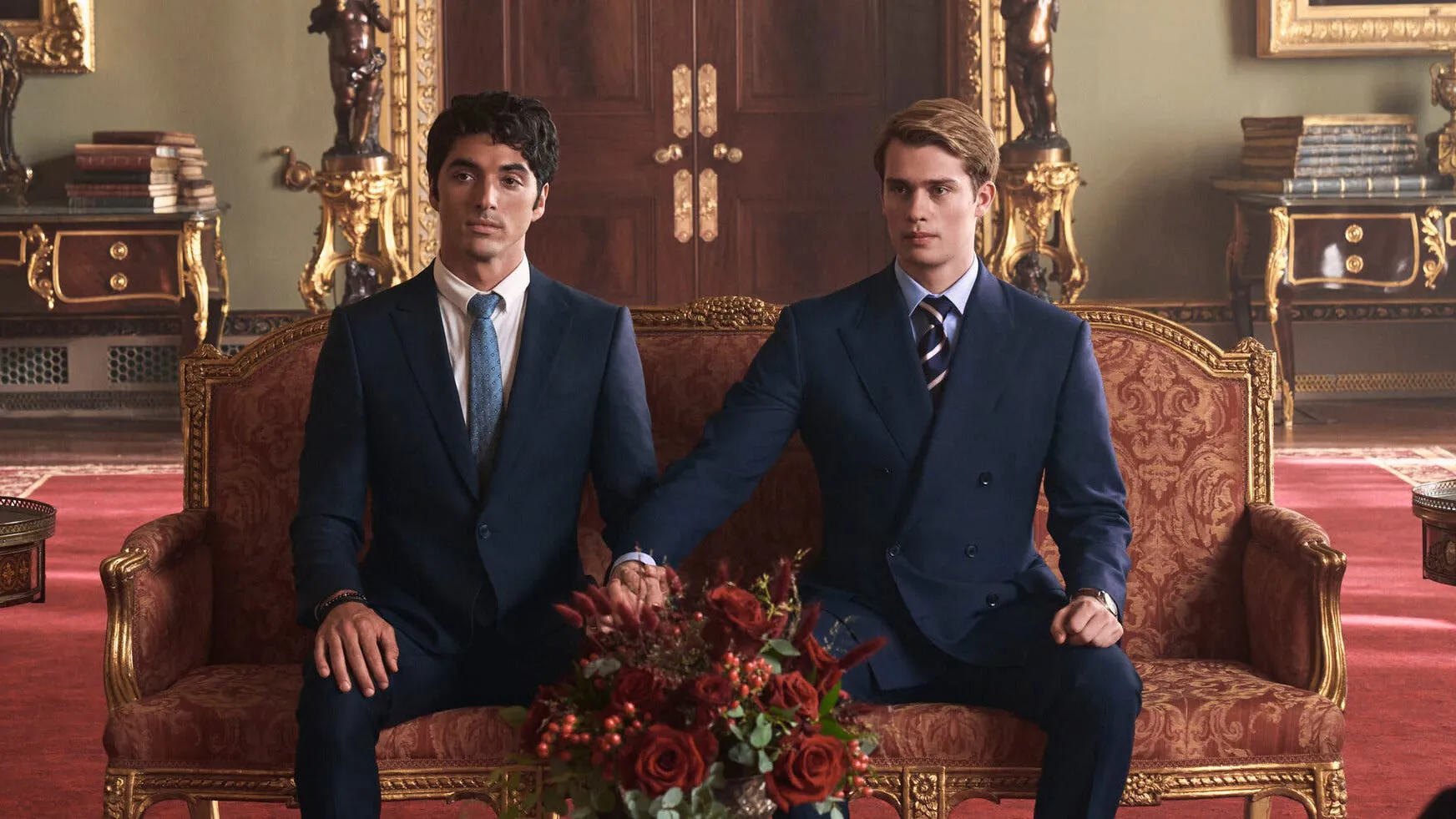
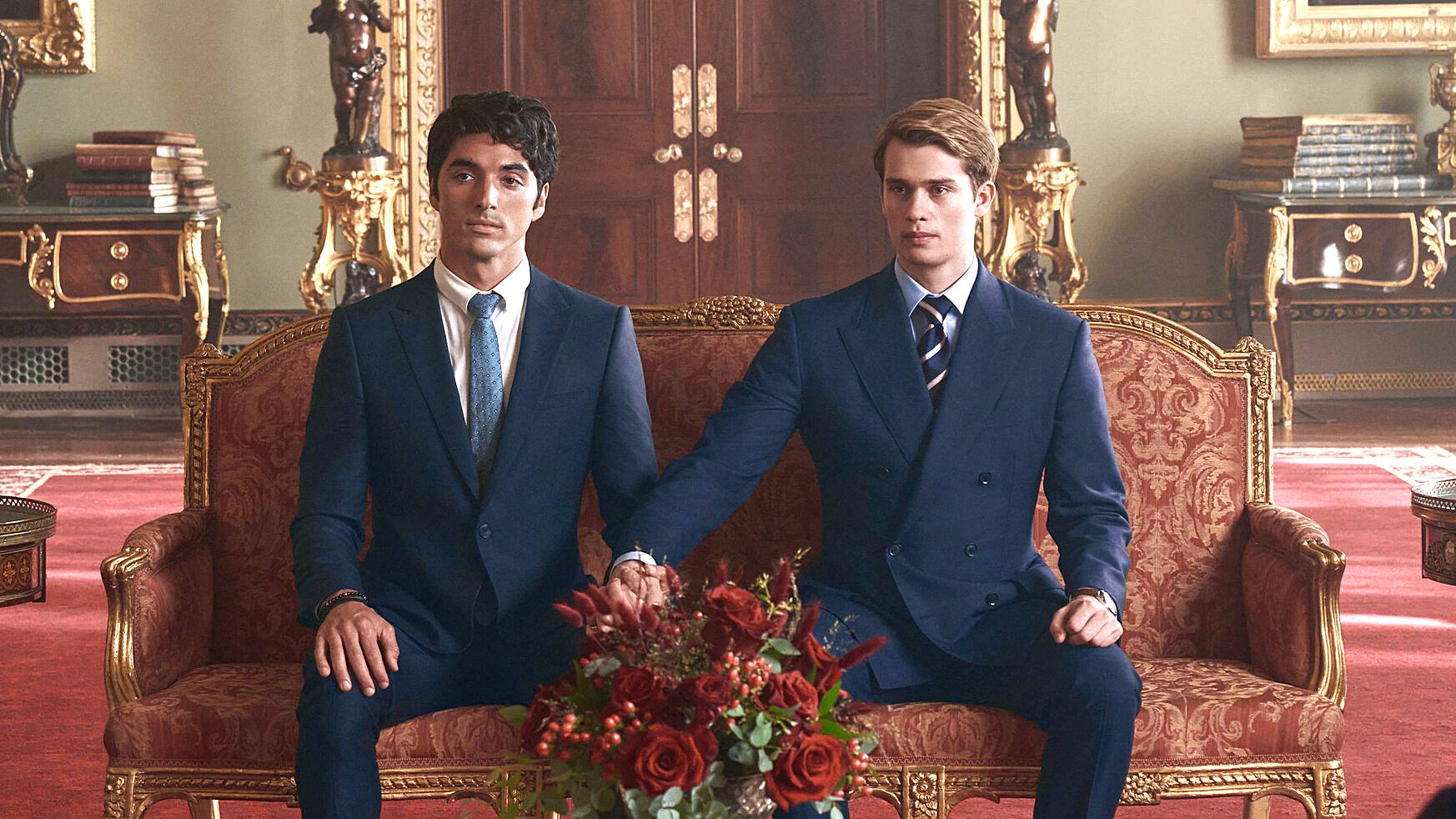
June 8, 2025
Last year brought us major films, ones that sparked controversy, broke box office records, and even set trends in fashion and pop culture. But it also gave us a few titles that exist in an entirely different world from blockbusters like Oppenheimer, Barbie, and Killers of the Flower Moon, which dominated cinemas and headlines. It was, in many ways, a year of “love and sorrow on screen”, these are the romantic films that will make you reach for the tissues. And yes, as cliché as it sounds, it’s true.
I first watched All of Us Strangers because, back in the mid-2000s, I had read an excellent English translation of Strangers, a novel by Japanese author Taichi Yamada. The reason I picked it up was that I happened to learn that the original Japanese edition, published in the late 1980s, had won the Yamamoto Shūgorō Prize for best so-called “human-interest” novel. The term “human-interest” originally referred, in the early twentieth century, to a branch of journalism that could also be described as manipulative, sensationalist, or even tabloid. Don’t worry, the award this novel received has nothing to do with that kind of storytelling.
The novel became a hit, and a year or two after its release it was adapted into the film The Discarnates, directed by Nobuhiko Obayashi. So this story already carried significance, history, and strong public interest, which immediately drew me in when I saw that the new adaptation would star Paul Mescal and Andrew Scott. After watching it, I can only say that it is a profoundly personal portrait of newfound love and a haunting past. If you are in the mood for an emotional masterpiece, this is the film you should see.
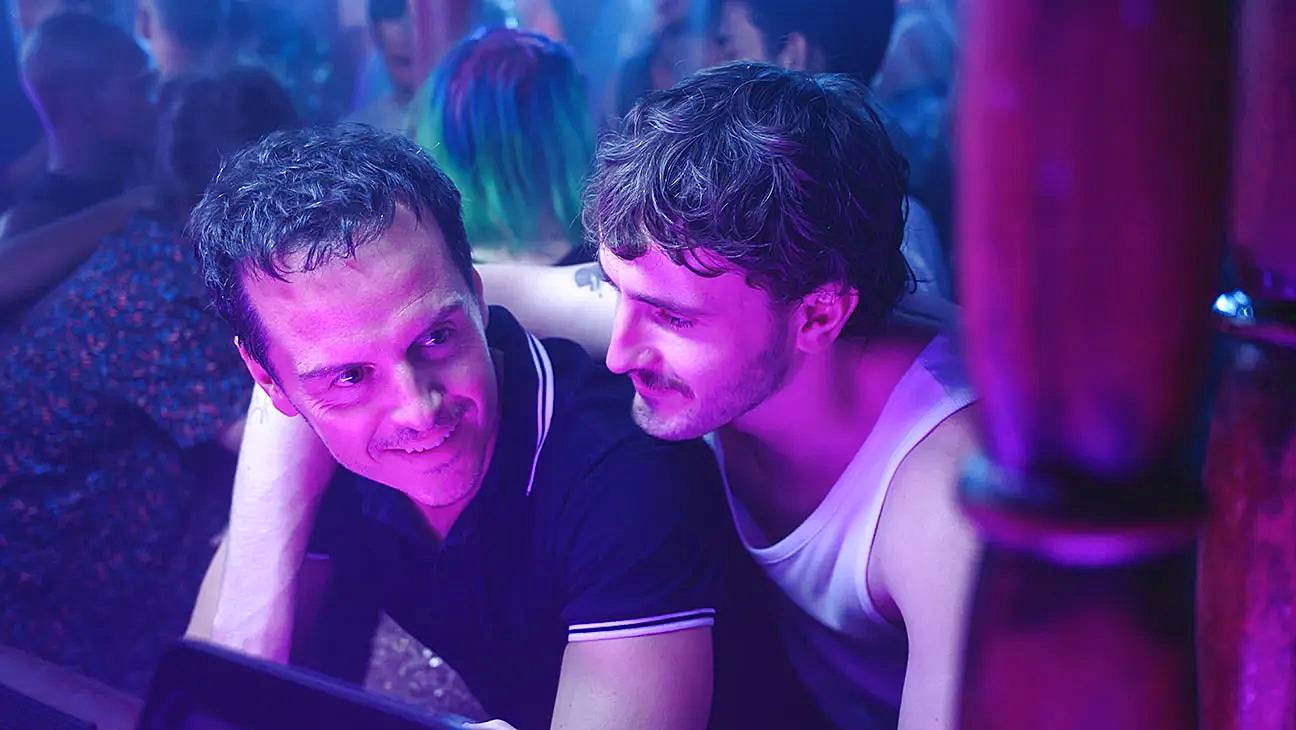
The next film on my watch list was Past Lives, an American romantic drama written and directed by Celine Song. That’s how it’s usually described — as a romantic drama — but I would add that it’s an emotionally devastating one. The film stars Greta Lee, Teo Yoo, and John Magaro, and follows two childhood friends over twenty-four years as they reflect on the nature of their connection while drifting apart and living different lives. After watching it, I couldn’t believe this was the director’s feature debut. The film left me overwhelmed, as if I had lived through five years of emotions in just an hour and forty minutes. Its poignant ending reminded me of Wong Kar-wai’s In the Mood for Love. I watched it through tears; Tony Leung cried on screen, I cried in front of it — we all cried, inevitably.
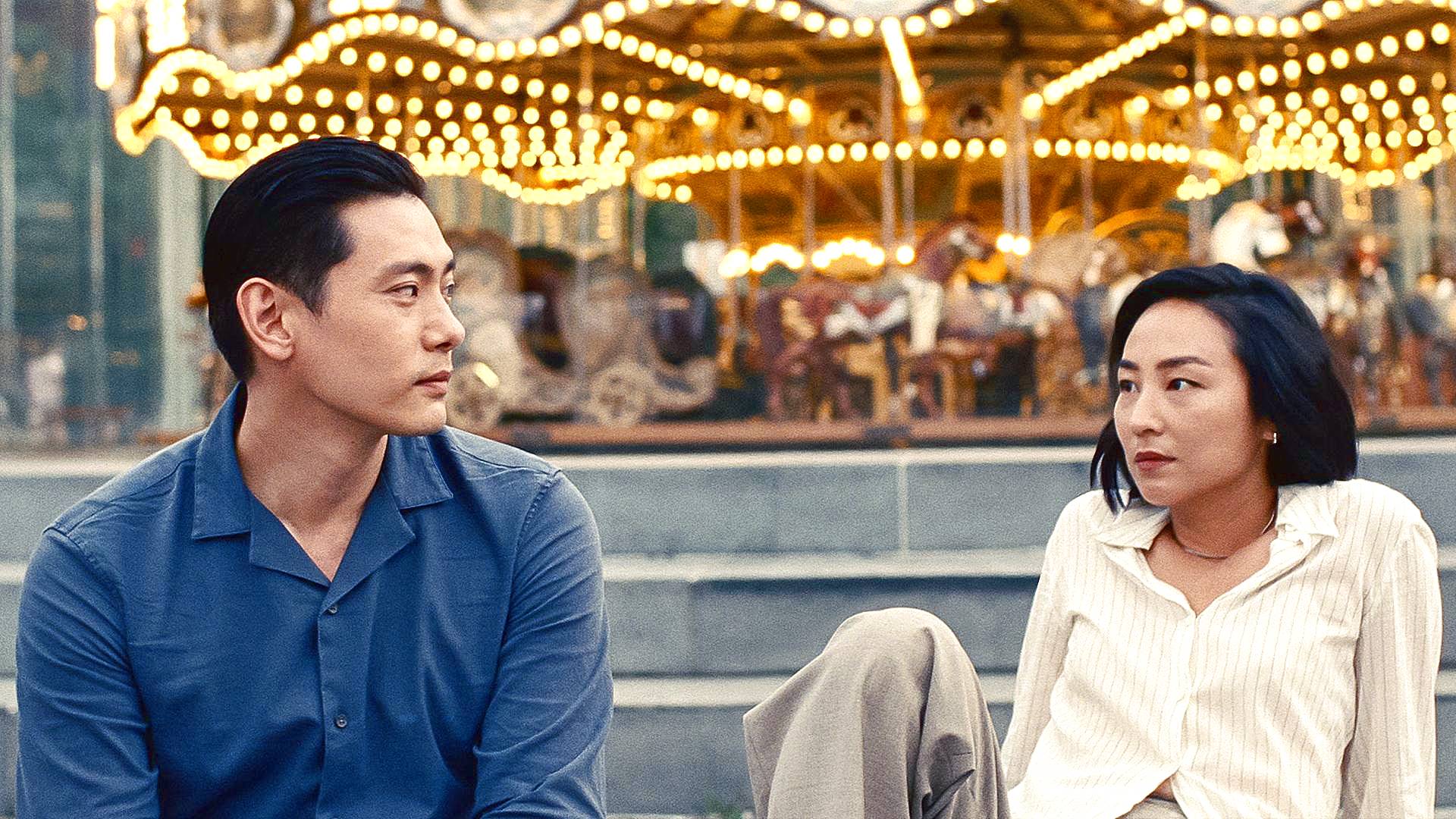
The film Red, White & Royal Blue is based on Casey McQuiston’s bestselling novel of the same name. Both the book and the film tell an utterly improbable story about the son of the U.S. president who falls in love with the Prince of Wales. Yes, you read that right. At first, I was skeptical and thought it would be just another bad romance story (both the book and the film). Then curiosity took over, after all, Stephen Fry and Uma Thurman are in the cast, and in the end, after watching it, I was pleasantly surprised. The film isn’t a masterpiece, but it’s good fun. And it tackles a subject few would ever think of exploring.

Shortcomings is an entertaining film directed by Randall Park, marking his first feature. Debuts seem to dominate this list, and it appears that love and heartbreak are quite a good choice for a first film. Park, already a successful actor, decided to adapt Adrian Tomine’s novel, with Tomine himself writing the screenplay. The choice of material proved perfect for Park, who handled it like a fish in water. Although it’s a romantic drama, unlike many others in the genre, this one ends in a much more honest and realistic way and that’s exactly why it deserves to be seen.

After watching the excellent film Undine, which I saw on demand at the Zagreb Film Festival in 2020, the next film by director Christian Petzold immediately went on my must-watch list. Afire is his follow-up, and I’d dare say it’s even better than the previous one. The story follows a young writer, Leon, who plans to spend a quiet, working summer with his friend Felix in a seaside house on the Baltic coast. From the very start, nothing goes as planned. Their car breaks down on the way, and when they finally arrive, they find an unexpected guest, the mysterious Nadja. The duo soon becomes a trio, then a quartet, which Leon is far from pleased about. Meanwhile, wildfires break out in the area, trapping the four of them in Baltic paradise as tensions, passions, and tempers flare. This slow-burning German drama blends sexual tension and bursts of anger, two extremes on the spectrum of love and sorrow. The film deservedly won the Silver Bear at the Berlinale.
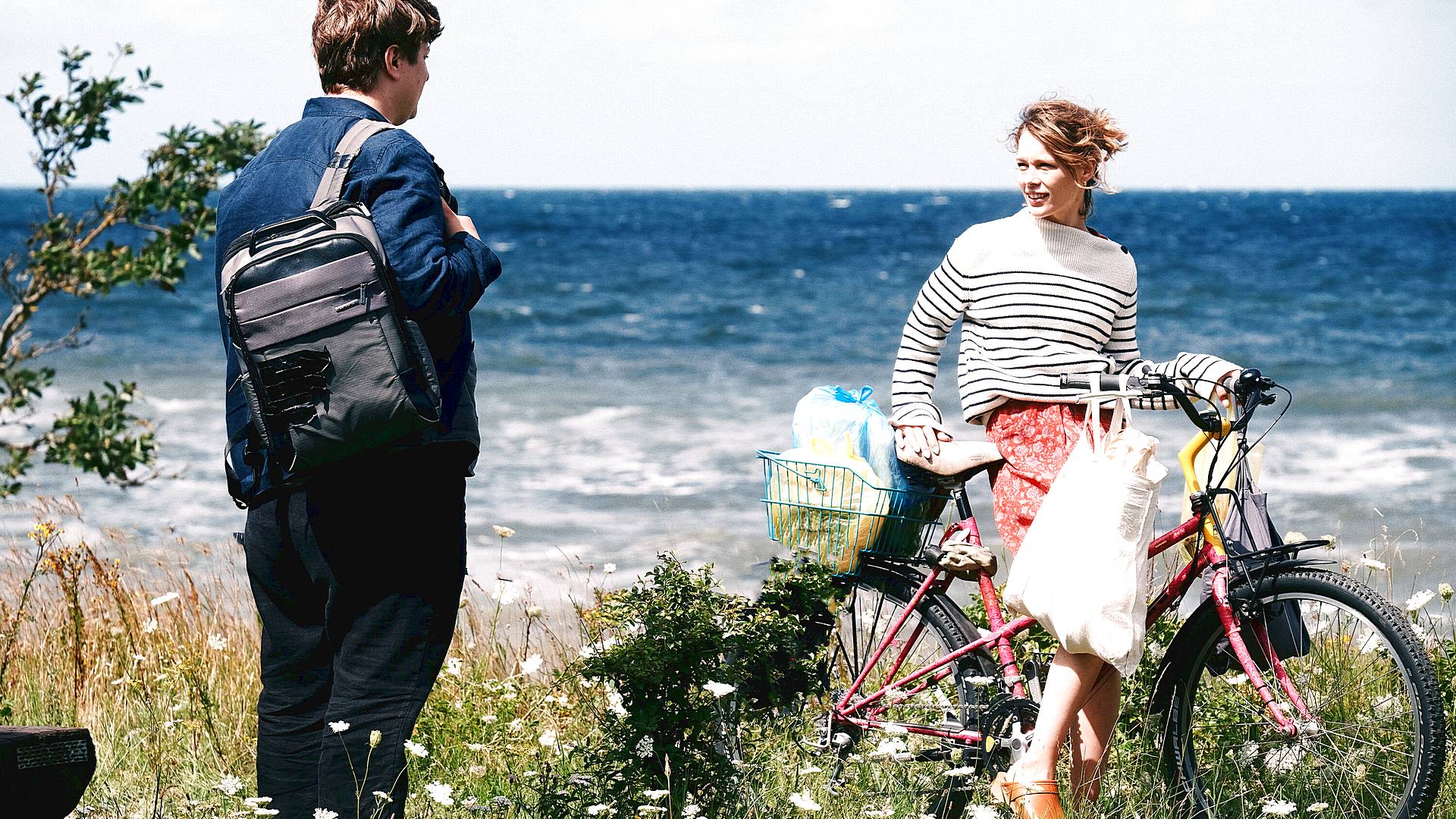
At last year’s Cannes Film Festival, Aki Kaurismäki’s twentieth feature, Fallen Leaves, premiered and went on to win the Jury Prize. With this film, Kaurismäki comes closest to the genre of romantic drama. It tells the story of a man and a woman, two lost souls searching for love, who meet by chance in a karaoke bar. The film’s retro color palette seems to mirror the characters’ emotional states, and although the story is set in present-day Helsinki, it feels like watching the city as it might have looked in the mid-twentieth century. Let’s meet the characters: Ansa works in a supermarket but loses her job after taking an expired package of cheese. Holappa, a manual laborer, is fired because of his drinking. Their chance encounter at a karaoke bar leads to a kind of hesitant courtship. They exchange few words, yet the silence between them is palpable and filled with longing. As in most of Kaurismäki’s films, happiness and contentment are hard-won, but Fallen Leaves ends on a note of hope — in a strange, gently twisted, and utterly charming way.
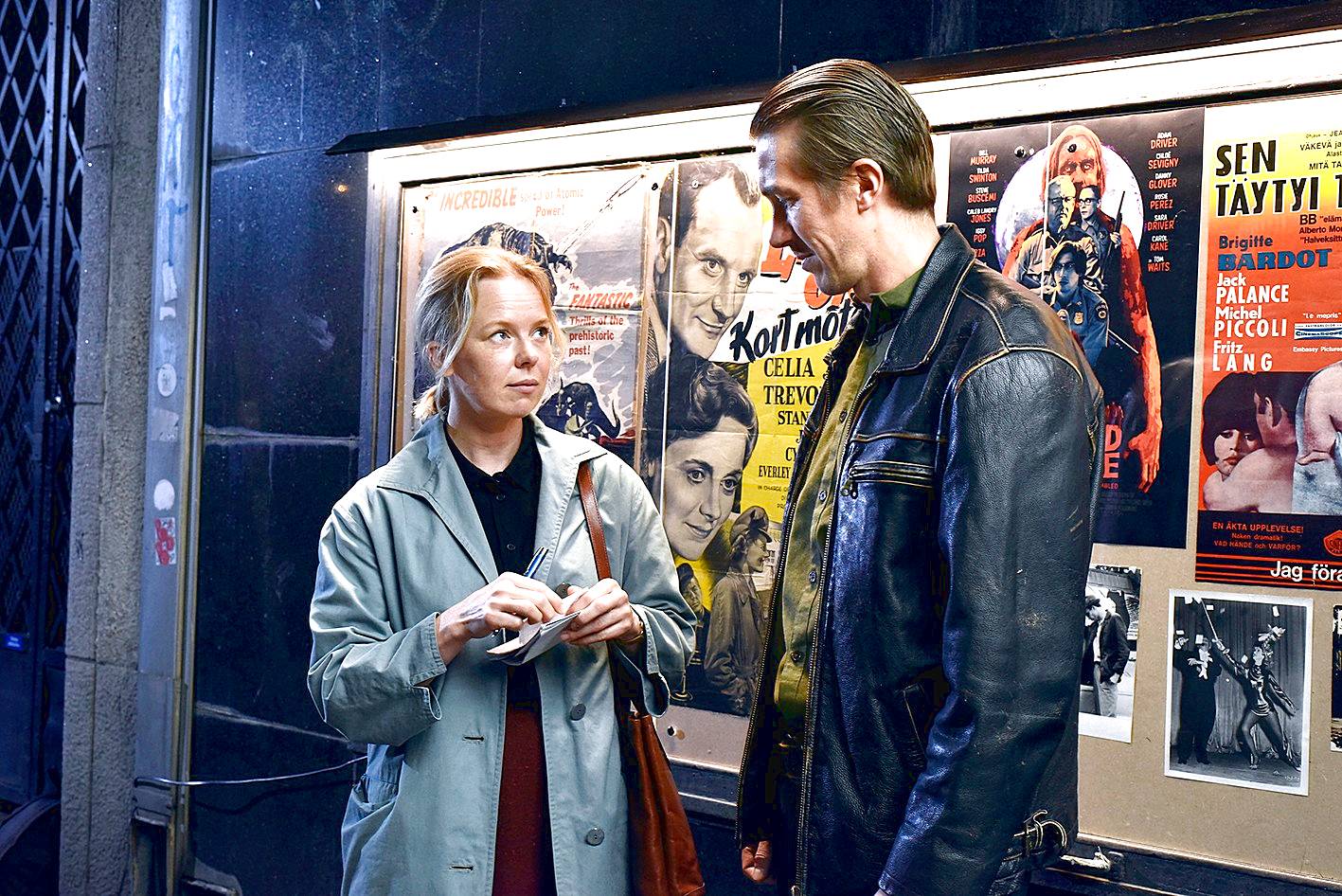
Passages is a French drama written and directed by Ira Sachs, starring Franz Rogowski, Ben Whishaw, and Adèle Exarchopoulos. I’ll admit, I watched it because of Ben Whishaw, but the story itself intrigued me just as much. It revolves around a love triangle between two gay men and a straight woman. A young filmmaker cheats on his husband with a woman, and through the chain of events and choices that follow, I realized I was watching grief and pain wrapped inside a fascinating emotional journey. Among the many online comments about the film’s (to some) controversial sex scene, one stood out: someone wrote that sex here is actually the plot. I’d agree with that, and I’d add that because of it, the film isn’t truly romantic — at least not in the traditional sense of the word. After the rather disappointing Frankie (2021) starring Isabelle Huppert, Ira Sachs has returned with a genuinely strong film.
